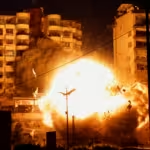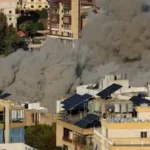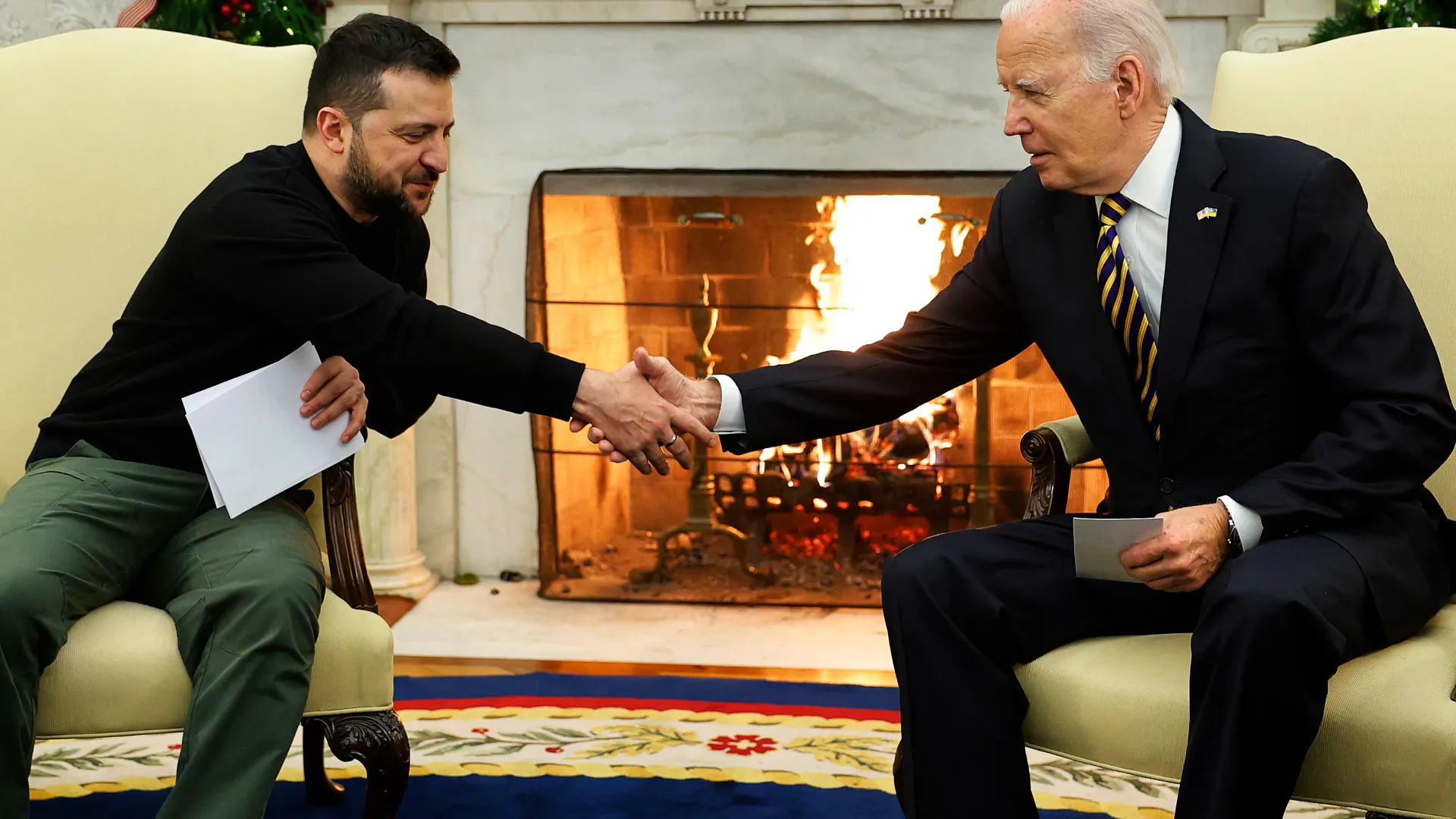The Ukraine war has entered a pivotal stage, marked by heightened military and political maneuvers. The Biden administration has approved Kyiv’s use of long-range ATACMS missiles to target Russian territory for the first time, while Russia has amended its nuclear doctrine, intensifying the conflict. Both Washington and Moscow are preparing for potential shifts in U.S. leadership, particularly with Donald Trump vowing to resolve the war within 24 hours of reclaiming the White House.
Biden’s Strategy: ATACMS Missiles and Landmines
President Joe Biden has taken a decisive step by granting Ukraine access to ATACMS missiles, capable of striking targets up to 300 km (190 miles) away. This shift aims to reinforce Ukraine’s defense as Russian forces push forward in eastern Ukraine. Additionally, the U.S. is supplying anti-personnel landmines in response to perceived escalations, including reports of North Korean troop deployments in support of Russia.
The Biden administration has framed these measures as essential for bolstering Ukraine’s resilience. However, these actions have drawn criticism from Trump and some Republican leaders, who argue that such moves risk escalating the conflict unnecessarily.
Russia’s Countermoves: Nuclear Doctrine and Intensified Strikes
In a dramatic escalation, Russia has revised its nuclear doctrine to potentially include attacks against non-nuclear states allied with nuclear powers. This move underscores Moscow’s readiness to counter any perceived existential threats. Concurrently, Russia has launched its most extensive aerial bombardment of Ukraine in months, targeting critical infrastructure in a bid to strengthen its bargaining position.
Russian President Vladimir Putin appears to be stockpiling resources and consolidating territorial gains in anticipation of potential negotiations with Trump. Kremlin insiders suggest that while minor territorial concessions might be on the table, Russia remains steadfast in opposing NATO expansion and maintaining Ukraine’s neutrality.
Ukraine’s Resistance: A Tenacious Stand Against Adversity
Ukrainian President Volodymyr Zelensky has reaffirmed his country’s resolve to resist Russian aggression, even as Western military support wanes. Presenting a 10-point resilience plan to parliament, Zelensky emphasized Ukraine’s commitment to reclaiming Crimea and other Russian-occupied territories.
Ukraine’s ability to thwart major Russian advances is viewed as critical to maintaining leverage in future negotiations. Western analysts remain skeptical about Trump’s potential to broker a lasting peace, warning that any unfavorable settlement could exacerbate internal divisions within Ukraine.
The Road Ahead: Uncertainty and Global Implications
As the conflict escalates, the stakes extend beyond Ukraine’s borders. The Biden administration’s proactive measures signal a determination to support Ukraine, but the potential return of Trump could reshape U.S. policy and the war’s trajectory.
Meanwhile, Europe faces growing calls to play a more active role in defending Ukraine, as the war’s outcome will significantly impact the continent’s security landscape.
In this critical phase, Ukraine’s resilience, coupled with strategic international support, will determine its fate. However, with both Biden and Putin maneuvering to secure their positions, the war’s resolution remains uncertain, teetering between escalation and diplomacy.















